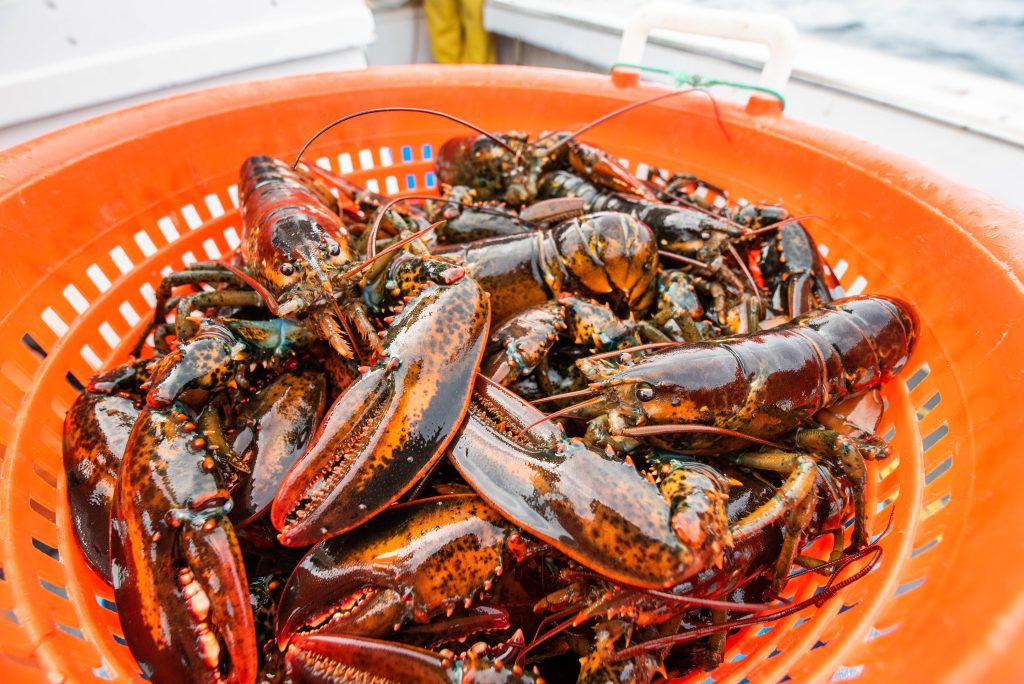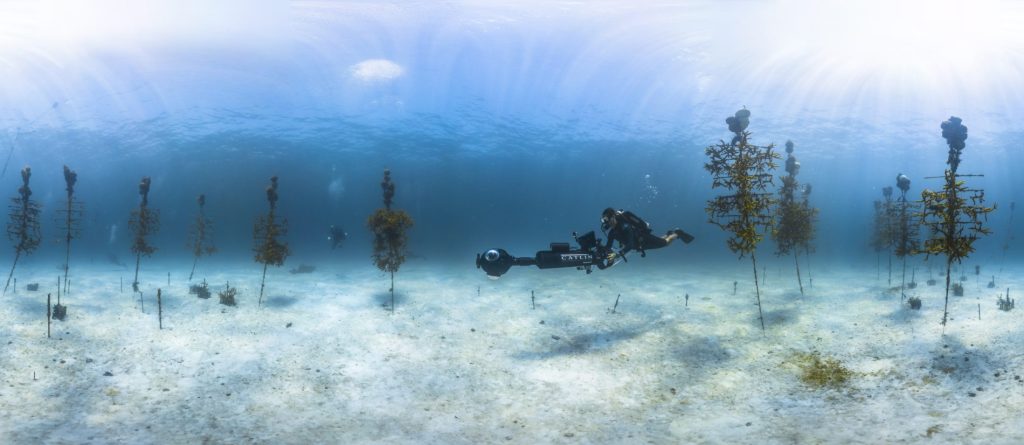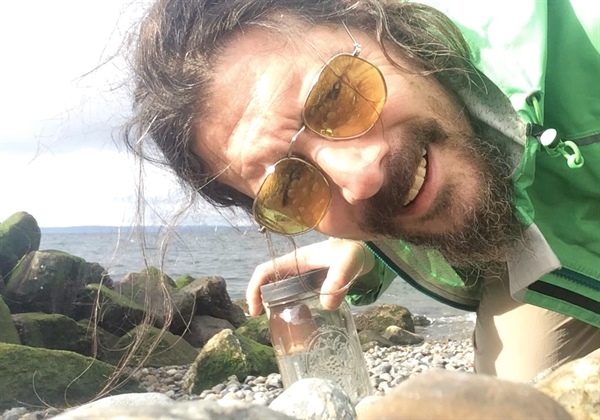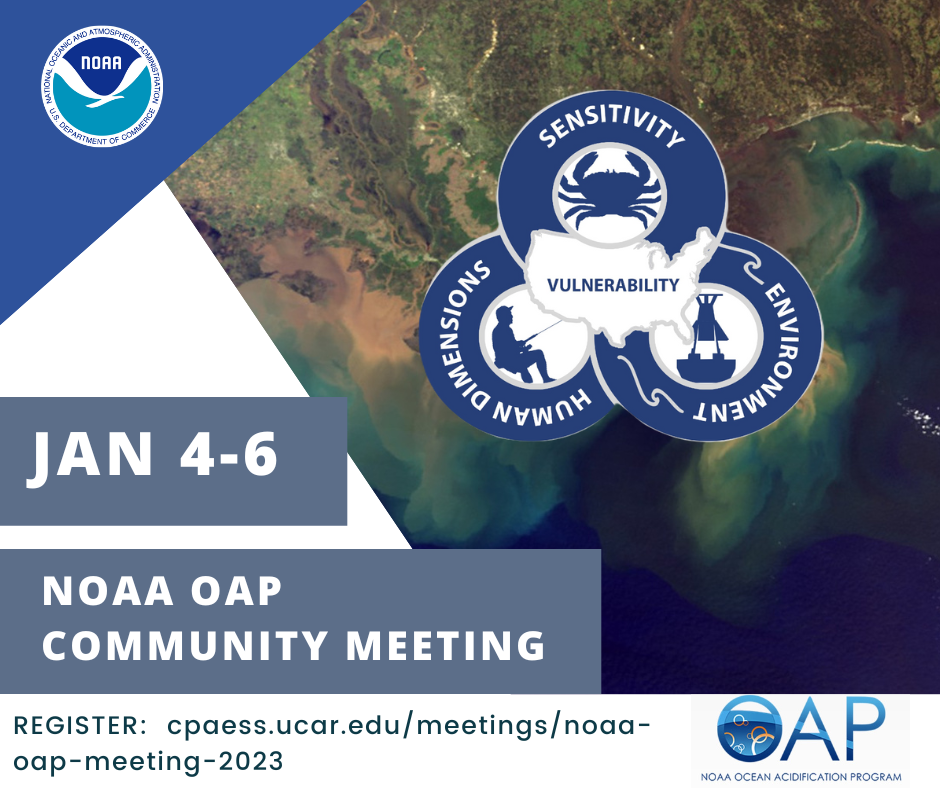2023 American Lobster Research Program Funding Opportunity Now Open
APPLY FOR UP TO $500K IN FY2023 Sea Grant announces a new funding opportunity for collaborative projects that address priority research needs to enhance our understanding of and address impacts to the American lobster fishery in the Gulf of Maine, Georges Bank, and southern New England. The program seeks applications from research teams and encourages […]
2023 American Lobster Research Program Funding Opportunity Now Open Read More »






